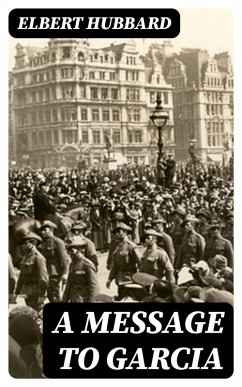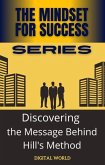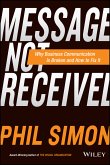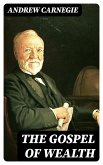In "A Message to Garcia," Elbert Hubbard presents a clarion call for individual initiative and self-reliance, wrapped in a succinct narrative that emphasizes the virtues of decisiveness and responsibility. Written in 1899, this essay blends a compelling anecdote about the Spanish-American War with Hubbard's fervent philosophy of effective action. The work is notable for its direct and conversational style, encouraging readers to eschew excuses in favor of proactive problem-solving. Through the tale of Lieutenant Rowan's mission to deliver a critical message to General Garcia, Hubbard advocates for the importance of taking initiative without waiting for guidance or hand-holding. Elbert Hubbard was an influential American writer, publisher, and philosopher whose ideas were emblematic of the early 20th-century movement toward individualism and self-improvement. A founder of the Roycroft artisan community, Hubbard's own experiences as a businessman and thinker shape the motivational tone of "A Message to Garcia," as he sought to inspire others to transcend mediocrity and embrace their capabilities. His disdain for bureaucracy and reliance on personal accountability resonates throughout this work, making it a staple in motivational literature. Readers seeking inspiration to take responsibility for their actions and to cultivate their own initiative will find Hubbard's essay invaluable. Its concise yet powerful message transcends time, urging contemporary audiences to become self-starters and champions of their own destinies. "A Message to Garcia" serves not just as a motivational piece, but as a timeless reminder of the impact one individual can have through assertive action.
Dieser Download kann aus rechtlichen Gründen nur mit Rechnungsadresse in A, B, BG, CY, CZ, D, DK, EW, E, FIN, F, GR, H, IRL, I, LT, L, LR, M, NL, PL, P, R, S, SLO, SK ausgeliefert werden.









